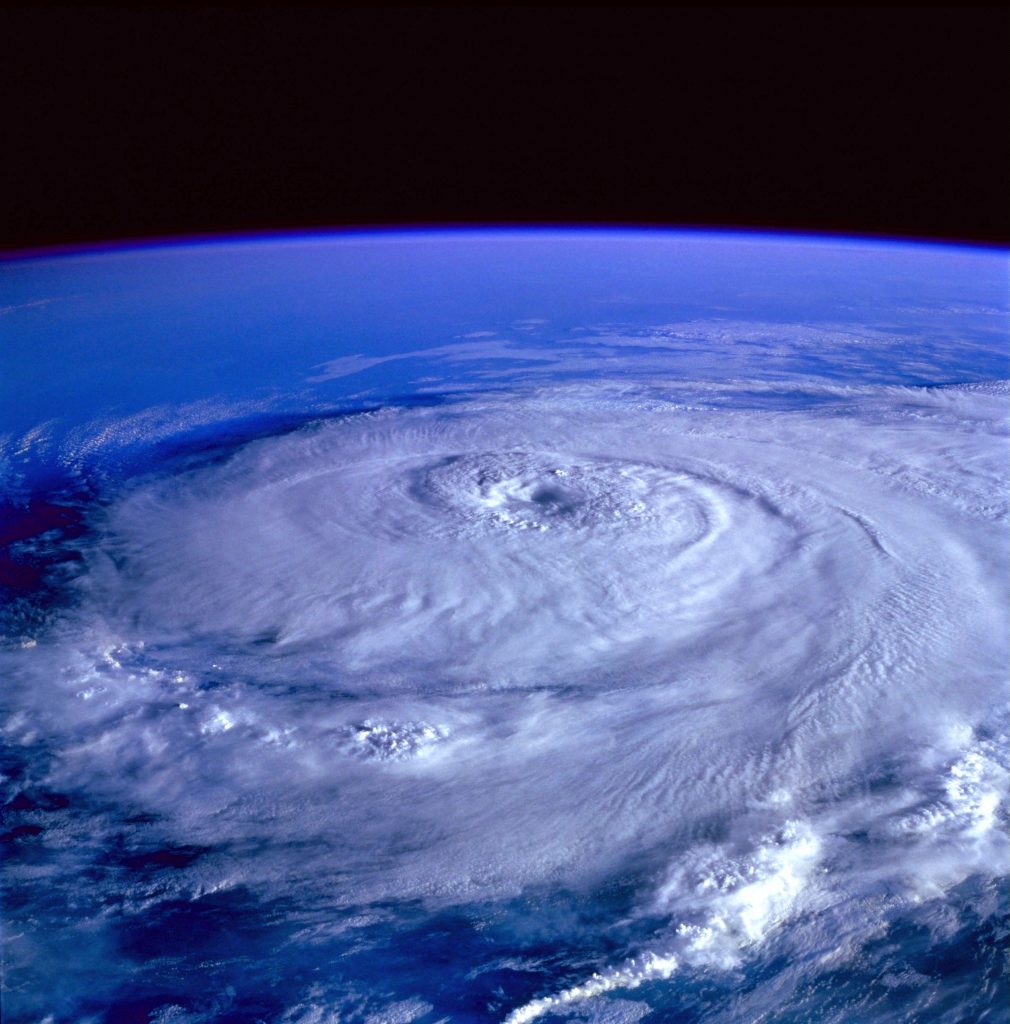In September, Stelliform will publish its first book, Depart, Depart! by Sim Kern, a cli-fi ghost story which considers Jewish and trans experiences intertwined with the changes wrought by climate destabilization. Climate change as a whole is slow, but some of its effects can change the world on a scale of minutes or hours. Not unlike the experience of a global pandemic.
In this post, Sim Kern writes about the links they see between experiences of climate change and experiences of the pandemic.

COVID-19 and Depart, Depart!
During a crisis, human beings aren’t great at long-term thinking. In a fight-or-flight response, our brains block out everything but the most immediate source of danger—literally giving us “tunnel vision.” Like many writers, I’ve struggled to put words on the page the last few weeks, as I’ve wrestled with pandemic tunnel-vision. I write about climate change, and even though I understand the links between COVID-19 and environmental destruction, even though I’m aware that the suffering and death caused by COVID-19 is a fraction of what unchecked climate change will bring, I’ve still felt like, “maybe now’s not the time to harp on climate change.”
But as it’s become clear that the virus is here to stay, the danger of this tunnel vision becomes increasingly apparent. Some politicians are seeking to worsen social and environmental injustice, on the grounds that we can only afford to think about the virus right now. For example, under the pretense of addressing the pandemic, conservatives have attempted to restrict abortion access in 32 states, and the Trump administration is seeking to allow doctors to discriminate against trans patients. Meanwhile, The United States’ Environmental Protection Agency has drastically relaxed environmental regulations for polluters, even though studies have shown that air pollution is linked to a higher death rate for COVID-19. And in most places, exposure to air pollution correlates with racial and economic inequality.
So as people committed to social and environmental justice, we can’t afford virus tunnel-vision. We must continue talking about these critical issues, especially in the midst of a pandemic. We need to be louder than ever on the importance of racial, economic, and LGBTQ inequality. And, terrifying as it is, we need to keep imagining the climate-changed future, until there is overwhelming pressure to act. And so I’ve never been more proud to be represented by Stelliform Press, which prioritizes narratives at the intersection of climate change and social justice.
In my forthcoming novella with Stelliform, Depart, Depart!, a massive hurricane devastates the city of Houston. Noah Mishner must shelter in the Dallas Mavericks’ basketball arena, where he fears that being trans and Jewish puts him at risk with some “capital-T” Texans. To make things worse, he’s being haunted by the child-ghost of his great-grandfather Abe, who escaped from Nazi Germany in a duffel bag.
Rereading Depart, Depart! for the first time since the pandemic has been a surreal experience. I did not foresee a deadly virus in Noah’s future, and if I had, it might’ve robbed him of those few moments of normalcy and connection he’s able to find in the arena. Building relationships with other climate refugees might be far more difficult in the wake of a natural disaster if social distancing is simultaneously being enforced.
Still, despite the lack of a pandemic, Noah’s story feels more relevant than ever. Houston is currently bracing for a worse-than-average hurricane season. As the Gulf of Mexico warms, I worry the storm I dreamt up is all too likely. Inside the Dallas Maverick’s arena, class, racial, and LGBTQ inequalities are worsened by a natural disaster, just as they have been by COVID-19. And in the story as in our nation, gun-toting conservatives terrorize people who are just trying to survive in the name of “freedom.”
Above all, Depart, Depart! is about those moments when the world changes in an instant. When you’re forced to leave your old life behind, what do you take with you? How do you hang on to your identity and community? And will you hold fast to your humanity, even when survival is on the line? These are questions we’re all grappling with during this pandemic. We’ll continue to grapple with them as the climate crisis intensifies. Literature that fortifies us, and helps us prepare for that crisis, is more vital than ever—and I hope Depart, Depart! can be counted among those titles.
